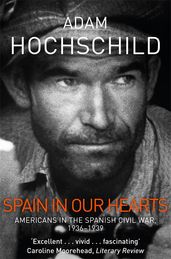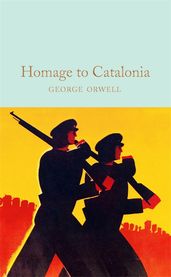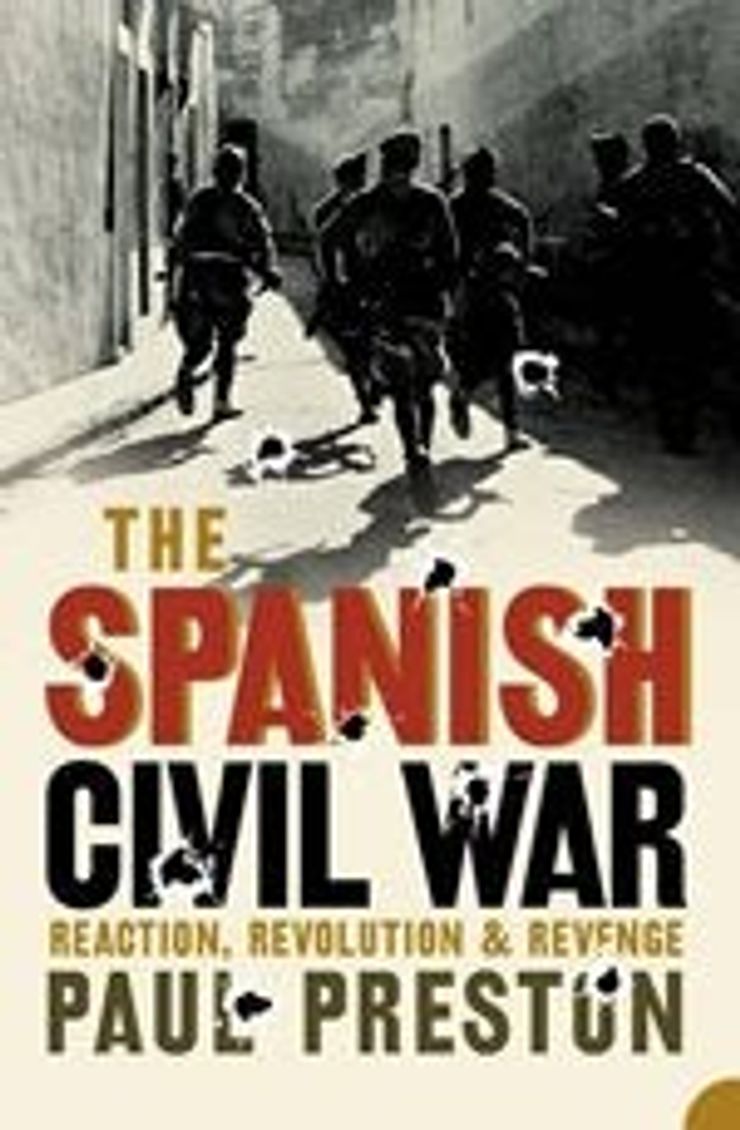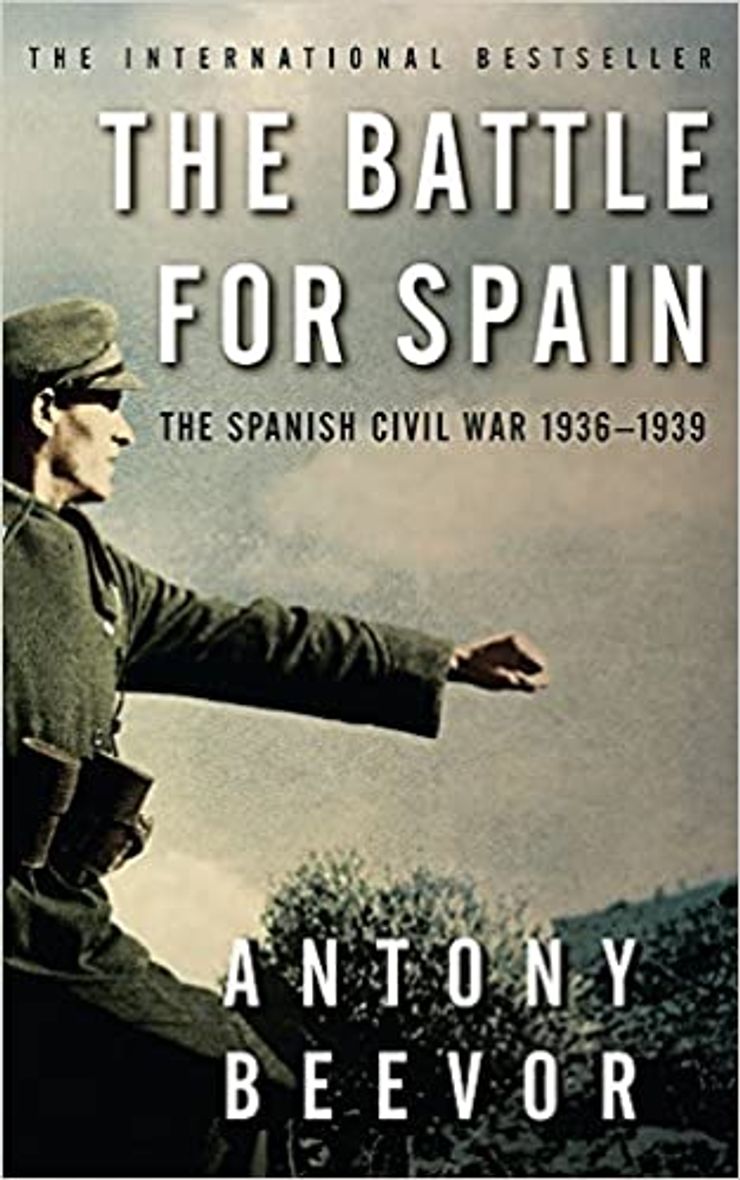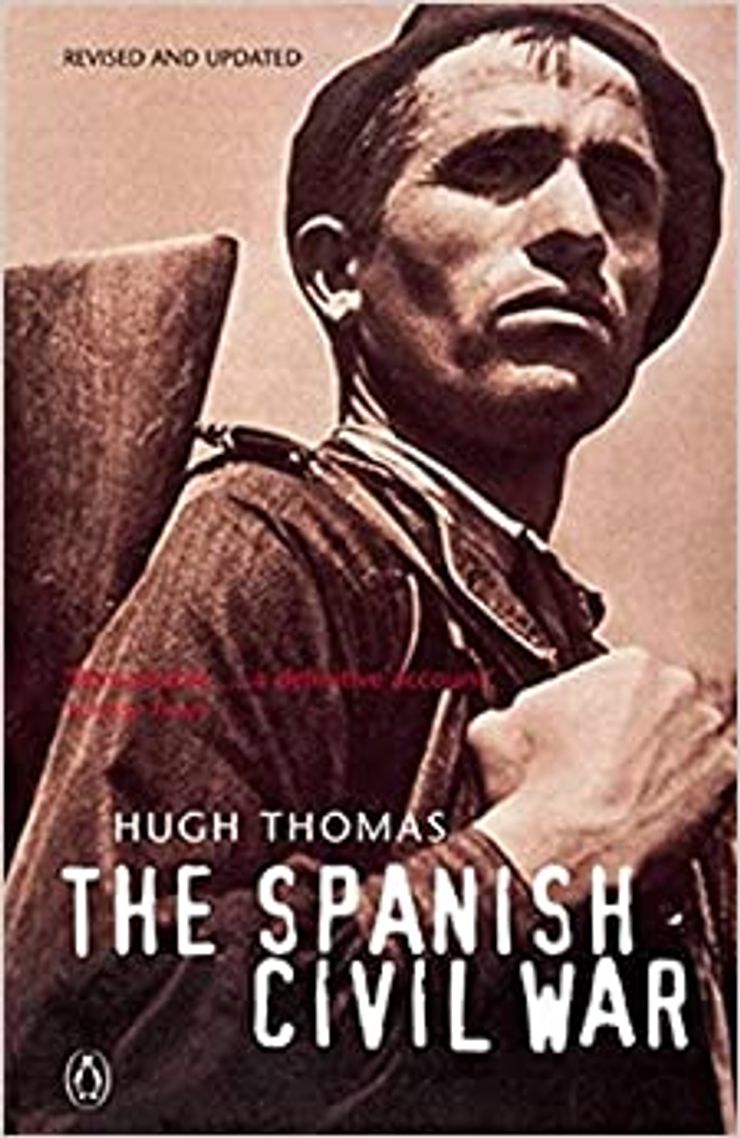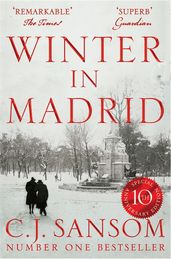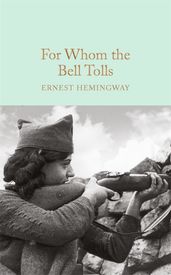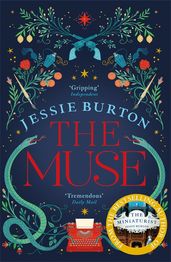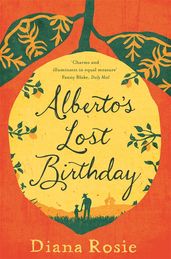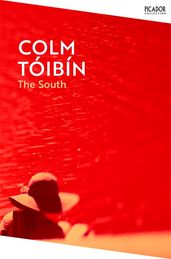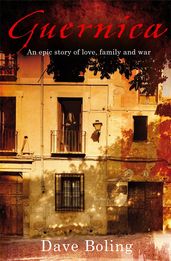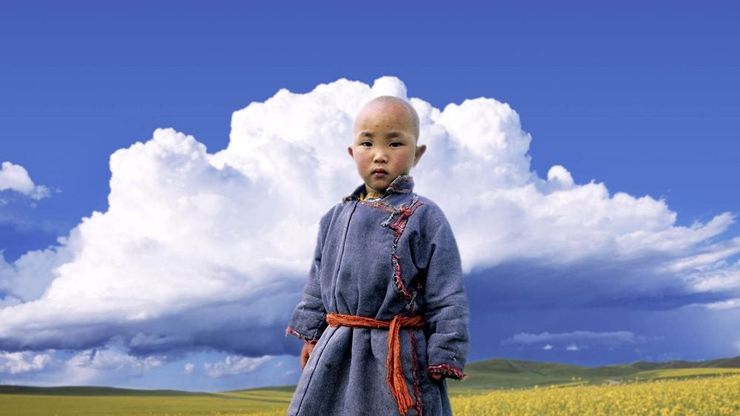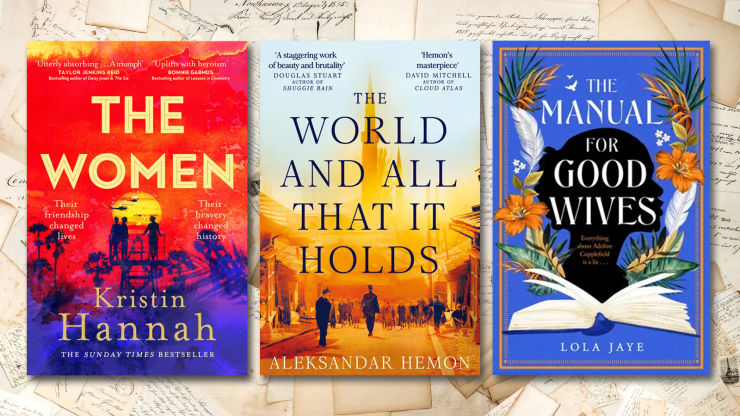The best books about the Spanish Civil War
Books are a great way to learn about history. Discover our edit of the best fiction and non-fiction books about the Spanish Civil War.
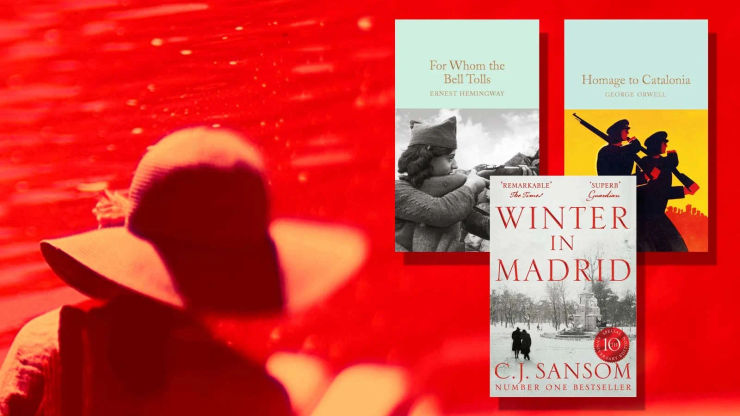
As the Western world reeled from the impact of the 1929 Wall Street Crash, and tensions between Europe’s fascist, communist, and democratic powers simmered in the 1930s, Spain faced its own power struggle, culminating in three years of bloody civil war. Driven by the growing discontent of the country’s largely agrarian working class, anger from the Catholic population over the separation of church and state, and the rising tensions between increasingly polarised political ideologies, war erupted in Spain following a Nationalist-led military coup in 1936. Over the next three years, more than half a million people lost their lives, as the Nationalists and Republicans fought for control of Spain. Eventually declaring victory in 1939, Generalísimo Francisco Franco, the leader of the Nationalists, ruled the country as an authoritarian dictator until his death in 1975.
Despite ending almost ninety years ago, the Spanish Civil War's impact has left its mark on Spain’s economy, culture, and politics ever since. If you’re interested in learning more about the causes and effects of the war on Spain, here are our top books about the Spanish Civil War. Or for more reading recommendations, find our list of the best history books of all time.
The best non-fiction books about the Spanish Civil War
Spain in Our Hearts
by Adam Hochschild
In Spain in Our Hearts, acclaimed author and journalist Adam Hochschild tells the story of the Spanish Civil War through the eyes of the American expatriates who experienced the conflict firsthand. From authors Ernest Hemingway, who chronicled the impact of the war in his writing, to college students who took up arms to help defend the Spanish Republic, and a Texas oilman who made a tidy profit from selling fuel to General Franco, the experiences of this varied cast of characters paint a vivid portrait of life in Spain from 1936 to 1939.
Homage to Barcelona
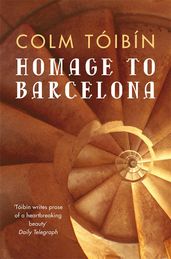
Drawing on the author’s three years living in Barcelona in the 1970s, Homage to Barcelona is a celebration of the Basque city, and its unique culture, nightlife, architecture and arts scene. Uniquely positioned to write about Spain’s transition from a dictatorship under Franco (who died just two months after he moved there in 1975) to a fledgling democracy, Colm Tóibín’s portrait of Barcelona celebrates and shines a light on its extraordinary history, and on the lives of the groundbreaking creatives who have called it home over the centuries.
Homage To Catalonia
Homage to Catalonia is writer George Orwell’s first-hand account of the brutal conditions of the Spanish Civil War. With passion and clarity, he describes the bright hopes and cynical betrayals of that chaotic episode: the revolutionary euphoria of Barcelona, the courage of ordinary Spanish men and women he fought alongside, the terror and confusion of the front, his near-fatal bullet wound and the vicious treachery of his supposed allies.
The Spanish Civil War: Reaction, Revolution and Revenge
by Paul Preston
The Spanish Civil War: Reaction, Revolution and Revenge is a vivid and authoritative account of the Spanish Civil War and the rise to prominence of General Franco. No modern conflict has inflamed the passions of both civilians and intellectuals as much as the Spanish Civil War of 1936–39. Burned into our collective historical consciousness, it not only prefigured the imminent Second World War but also ushered in a new and horrific form of warfare that would come to define the twentieth century. At the same time it echoed the revolutionary aspirations of millions of Europeans and Americans after the painful years of the Great Depression.
The Battle For Spain
by Antony Beevor
Drawing on newly discovered material from the Spanish, Russian and German archives, Antony Beevor's account narrates the origins of the Spanish Civil War and its violent and dramatic course from the coup d'etat in July 1936 through the savage fighting of the next three years which ended in catastrophic defeat for the Republicans in 1939. He successfully unravels the complex political and regional forces that played such an important part in the origins and history of the war.
The Spanish Civil War
by Hugh Thomas
What was it that roused left-wing sympathizers from all over the world to fight against Franco between 1936 and 1939? Why did the British and US governments refuse to intervene? And why did the Republican cause collapse so violently? Hugh Thomas's classic account offers a full and vivid analysis of this passionate struggle where fascism and democracy, communism and Catholicism were at stake – and which was as much an international war as a Spanish one.
Fiction books about the Spanish Civil War
Winter in Madrid
by C. J. Sansom
As the world turned its gaze toward Germany and the Nazi campaign to conquer Europe, Madrid in 1940 lay in ruins, torn apart by three years of civil war. For reluctant Secret Service agent Harry Brett, the war-torn city offers a chance to track down his old friend, Sandy Forsyth, and uncover vital secrets to send back home. Will he find what he’s searching for? In this gripping historical novel, C. J. Sansom captures the simmering tensions of a country reeling from the impact of war.
For Whom the Bell Tolls
by Ernest Hemingway
Working as a reporter for the North American Newspaper Alliance during the Spanish Civil War, author Ernest Hemingway had a firsthand view of the experiences of Spanish citizens, as well as the native and foreign fighters, who risked their lives during the conflict. In For Whom the Bell Tolls, considered one of the greatest novels of the twentieth century, Hemingway examines the experience of war, brutality, and the value of human life through the story of American volunteer fighter Robert Jordan.
The Muse
by Jessie Burton
In a Spain on the eve of war, a family is infiltrated by a revolutionary artist and his half-sister who will change the course of their lives forever. Thirty years later, a young woman climbs the stairs of London’s Skelton gallery to start her new job, with no idea of the forgotten treasures waiting for her and the secrets they will reveal. Spanning three decades, from rural Spain at the start of the Spanish Civil War to London in the swinging sixties, Jessie Burton’s The Muse is a story about art, love and the danger of obsession.
Alberto's Lost Birthday
by Diana Rosie
Alberto is an old man. But he doesn't know how old - he remembers nothing before his arrival at an orphanage during the Spanish civil War. He rarely thinks about his missing childhood, but when seven-year-old Tino discovers his grandfather has never had a birthday party, never blown out candles on a birthday cake, never received a single birthday present, he's determined things should change. And so the two set out to find Alberto's birthday. Their search for the old man's memories takes them deep into the heart of Spain – a country that has pledged to forget its painful past.
The South
by Colm Tóibín
Katherine Proctor is a woman unafraid of taking risks. Leaving her family behind in Ireland, she arrives in Franco's Spain in 1950 with dreams of becoming an artist. After meeting Miguel and falling deeply in love, she moves to the mountains with him. But despite their blissful days together, her mysterious lover's past soon catches up with him, leaving Katherine to question how well she really knows the man she loves. First published in 1990, The South is a modern classic of Irish literature and the debut novel from multi-award-winning novelist Colm Tóibín.
Guernica
by Dave Boling
Fleeing his hometown after getting in hot water with the Spanish Civil Guard in 1935, Miguel Navarro finds himself in Guernica, the centre of Basque tradition and culture. Setting up a new home for himself, Miguel falls for a local dancer. Miren and Miguel start to dream of a life together, until war erupts and everything they know is thrown into jeopardy. An epic historical novel, Guernica is a rich and vivid story of how one family's future was changed forever by the Spanish Civil War.
